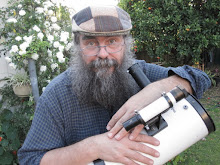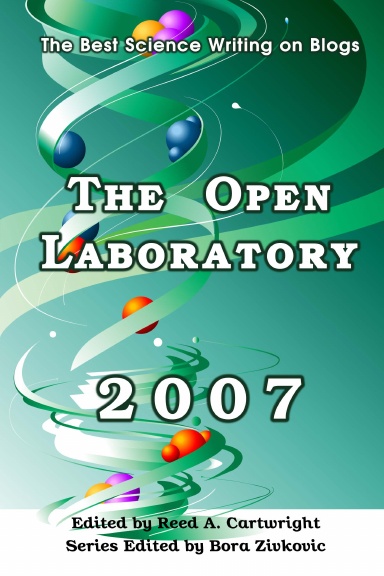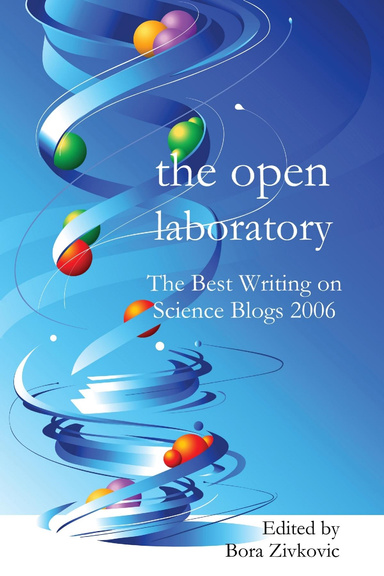Saturday, September 24, 2016
Astrophiz Podcast 12 is Out
This week’s feature is from Dr Nadeshzda Cherbakov, where she tells us about Blackbody Radiation.
In’What’s Up Doc?’ I tell you what to look for in the sky this week. My Tangent: the gunpowder smell of moondust and its inherent dangers.
In’What’s Up Doc?’ I tell you what to look for in the sky this week. My Tangent: the gunpowder smell of moondust and its inherent dangers.
In the news this week:
1. A team at the Large Hadron Collider reports a new particle dubbed the Madala boson.
2. The Gaia mission is mapping the nature and movements of a billion stars in the Milky Way.
3. For our aurora watchers the European Space Agency has solved a problem that was preventing us from closely observing the sun’s corona.
4. Watch the Milky Way's birth in a lovely Caltech simulation at tinyurl.com(ForwardSlash)astrophizgalaxy
5. Australian OzGRav teams to embrace the new era of gravitational wave astronomy in $31.3M project
6. 16th Australian Space Research Conference in Melbourne 26-30 September,
7. The venerated Dish at Parkes serves up the answer to one of life’s greatest mysteries with the discovery of the most complex chiral molecules found in space.
1. A team at the Large Hadron Collider reports a new particle dubbed the Madala boson.
2. The Gaia mission is mapping the nature and movements of a billion stars in the Milky Way.
3. For our aurora watchers the European Space Agency has solved a problem that was preventing us from closely observing the sun’s corona.
4. Watch the Milky Way's birth in a lovely Caltech simulation at tinyurl.com(ForwardSlash)astrophizgalaxy
5. Australian OzGRav teams to embrace the new era of gravitational wave astronomy in $31.3M project
6. 16th Australian Space Research Conference in Melbourne 26-30 September,
7. The venerated Dish at Parkes serves up the answer to one of life’s greatest mysteries with the discovery of the most complex chiral molecules found in space.
(I'm a bit late passing on the link this week due to going to a talk by Dr. Ian Frazer and having visitors drop in)
Labels: Astrophiz




 Click to read about or order
Click to read about or order Click to read about or order
Click to read about or order Click to read about or order
Click to read about or order Click to read about or order
Click to read about or order




